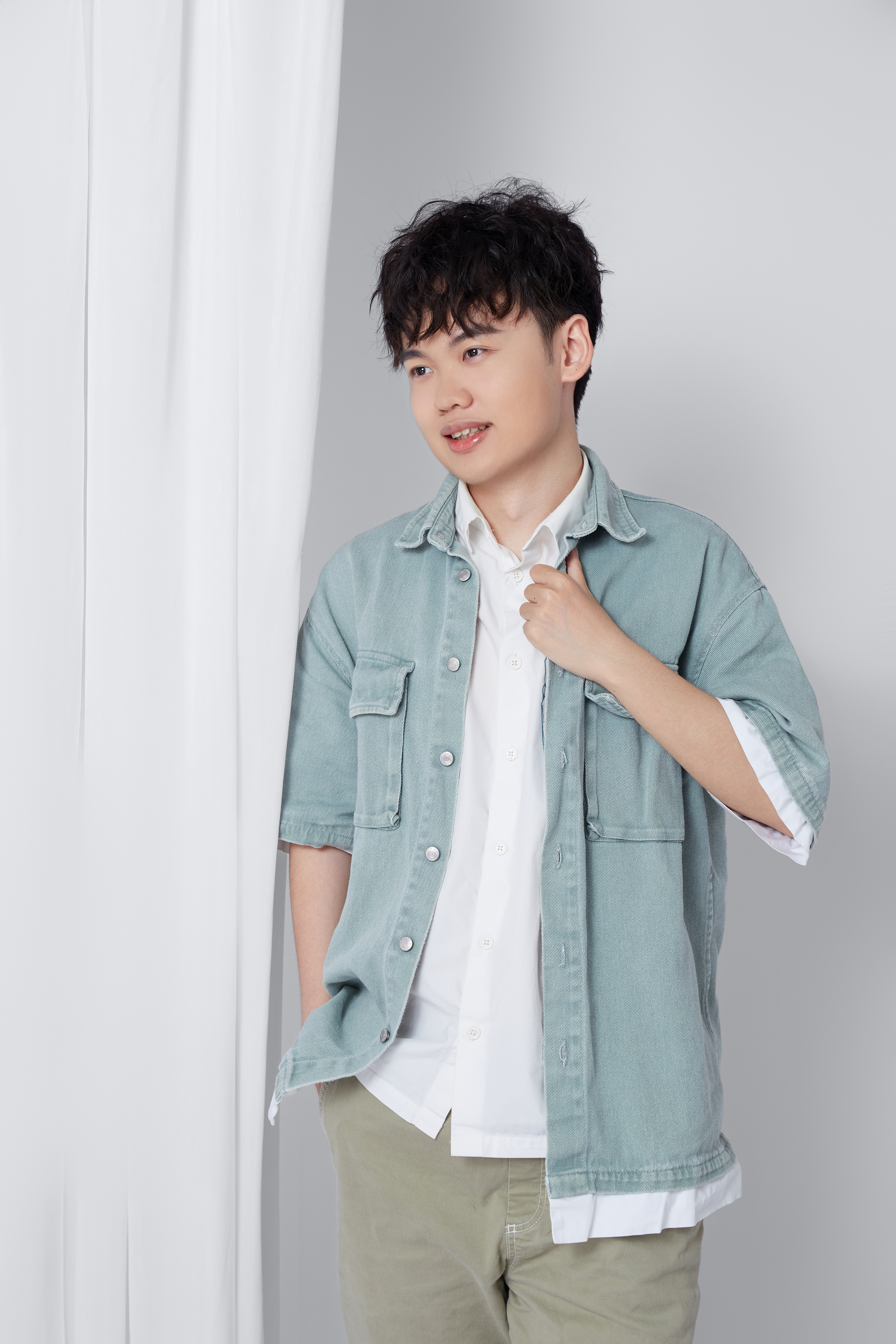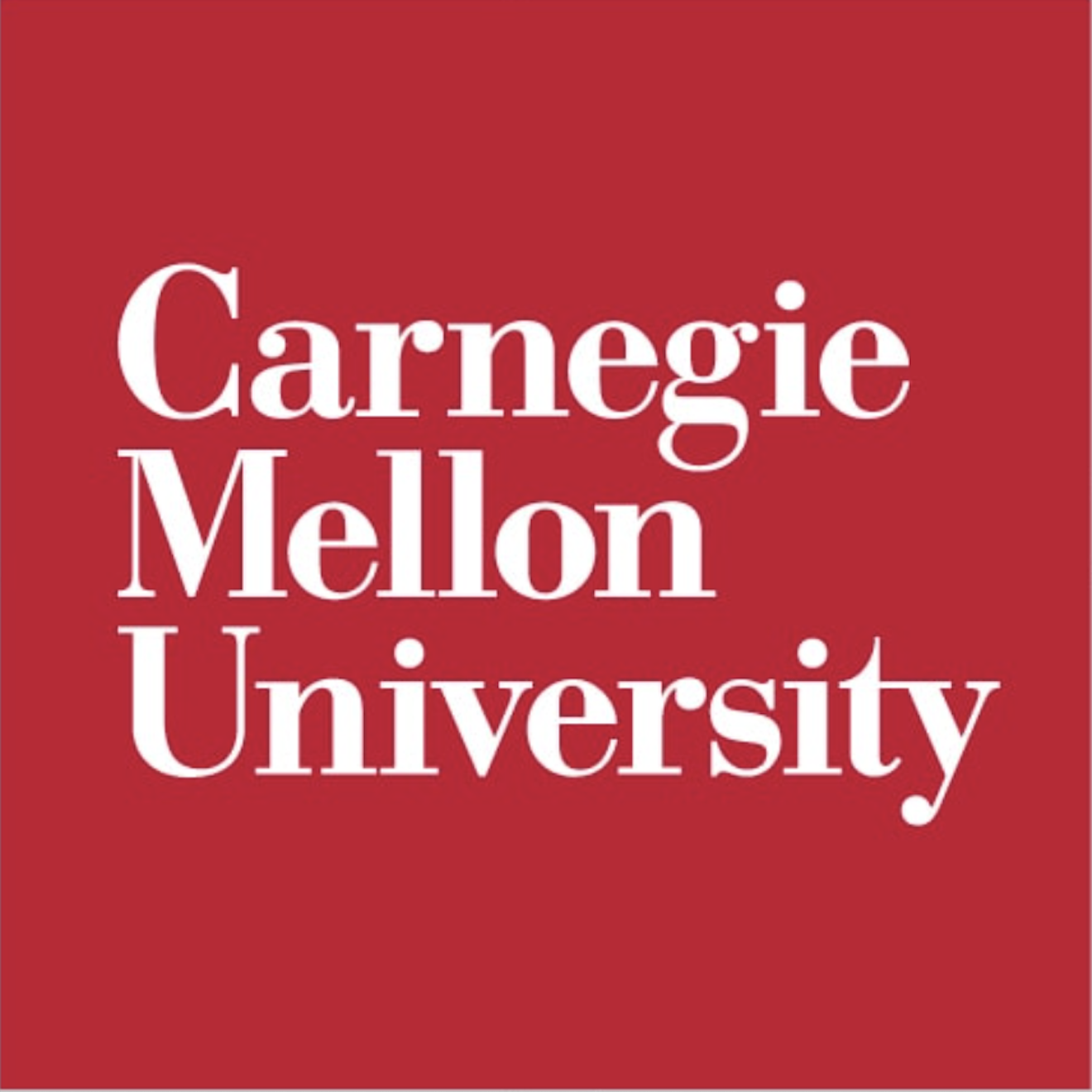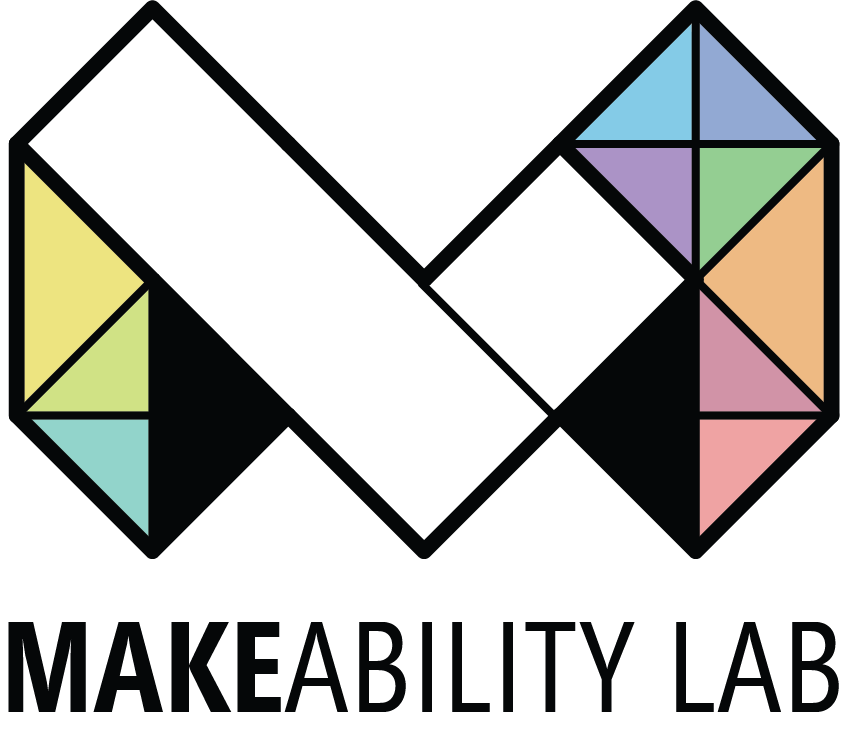Video & Audio RAG Pipelines
Researcher under
Professor Mohamed Farag
January 2025 - Present
Concentration: Large Language Models, Multi-Modal, Retrieval Augmented Generation
- Creating the first video RAG pipeline and its model with memory indexing using CLIP/BLIP and scene change algorithm
- Enhancing performance using self-refined LLM with audio prompting and MoE vlms
ActivityTracker - CV based human-activity tracking and recognition
Researcher under
Professor Kenji Shimada
August 2024 - Present
CERLAB
Concentration: Computer Vision, Large Language Models, Human Object Interaction
- Improves Human Object Interaction detection using Image and Text Encoder, transformer, and Space State Model (SSM)
- Implements state of art models like RLIPv2 and ADA-CM to achieve their level of mAP for performance comparision
AR Cooking Accessibility for Low Vision People
Researcher under
Professor Jon E. Froehlich
February 2023 - Aug 2024
Concentration: Computer Vision, Human-Computer Interaction
- Collected datasets for cooking Appliances and designed machine learning algorithms for cooking hazard detection
- Implemented and compared detectron2 and other libraries with different models including Mask R-CNN for object segmentation
- Created datasets for kitchen utensils (e.g., knife) and labeled on affordances (e.g. blade and handle) in Roboflow
- Trained, tested, and finetuned the RTMDet model on the dataset using mmdetection libraries by creating config files
- Published a Paper at UIST 2024 with “Belonging & Inclusion Best Paper” Recognition:
CookAR: Affordance Augmentations in Wearable AR to Support Kitchen Tool Interactions for People with Low Vision
Multi-armed Bandits Algorithms, Theory, and Application
Researcher under
Professor Osman Yağan
February 2023 - April 2023
Concentration: Reinforcement Learning
- Implemented algorithms including ETC, UCB, and Thompson Sampling to solve multi-armed bandits problems and performed comparative analysis to determine the best performing algorithm in different kinds of situations
- Conducted research on deep learning models and adversarial attack + defense algorithms and mechanisms
- First Author with Paper at CONF-SEML 2023:
Thompson ε-Greedy Algorithm: An Improvement to the Regret of Thompson Sampling and ε-Greedy on Multi-Armed Bandit Problems
Formula on Logical Equivalence of theoretical CS Without Using "Or"
Researcher under
Professor Kevin Zatloukal
March 2022 - June 2022
Concentration: Computer Theory
- Figured out what logical statements can be proved by strictly elimination rules followed by introduction rules
- Formulated the hypothesis and classified proofs that support or reject the hypothesis by traversing past courses materials
- Improved the hypothesis by adding restrictions for input and creating rules for the computation process, aiming at creating a general model of elim+intro rules and its applications
- Employed logical equivalence and inference rules of theoretical computer science for the deduction process of the proofs






